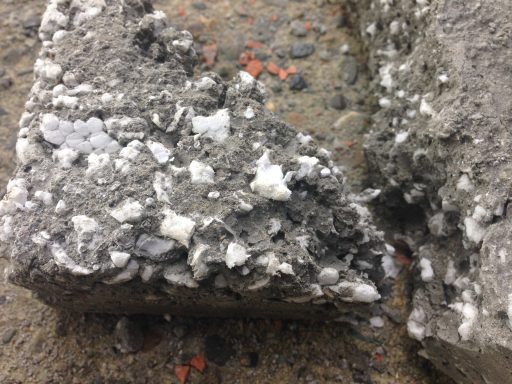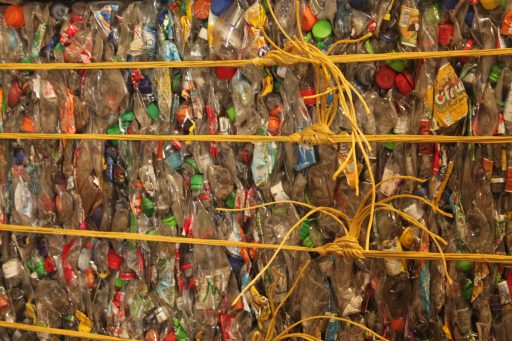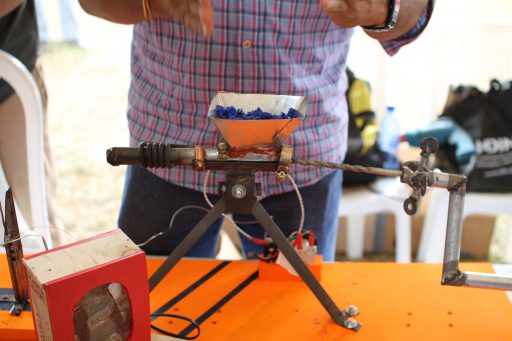Everyone gathers after breakfast to give thanks, work through problems, and hear anuncios at morning circle. A lot can change over the course of 24 hours at an International Development Design Summit (IDDS), and this morning ritual is a way to touch base before splitting back into teams to spend the rest of the day (and often much of the night) working on prototypes. As people thank God and each other for allowing them to be in this place with these people, they express hope that their efforts will last beyond the two-week event to create real change in communities and individuals, starting with themselves.
The IDDS Zero Waste in Cali, Colombia had all the potential to do just that, by including participants from target communities and partnering with strong local partners including the Universidad del Valle and DAGMA, the local government branch in charge of environmental issues. About 70% of those who participated in the summit are Colombian, and about one-third of the Colombian participants are recyclers from local communities. Of the participants who came from countries around the world, including Guatemala, Honduras, Nicaragua, Costa Rica, Brazil, the United States, Peru, Germany, and India, several are recyclers or work with recyclers, while others are designers, engineers, and environmental specialists.
This group from diverse backgrounds spent two weeks learning about the design cycle, visiting communities, and co-creating prototypes to address waste management issues in Cali. The summit concluded last Sunday, June 28th, by bringing these prototypes to a public park, where community members and the general public were invited to interact with the work. A cardboard “mind map” of the waste cycle in the city helped to place the projects in context, showing where they fit into the system of collection and transformation of waste to be used by individual recyclers, associations of recyclers, larger collection centers, and/or transformation centers.
You can read about each of the prototypes below:
The IDDS Zero Waste in Cali, Colombia had all the potential to do just that, by including participants from target communities and partnering with strong local partners including the Universidad del Valle and DAGMA, the local government branch in charge of environmental issues. About 70% of those who participated in the summit are Colombian, and about one-third of the Colombian participants are recyclers from local communities. Of the participants who came from countries around the world, including Guatemala, Honduras, Nicaragua, Costa Rica, Brazil, the United States, Peru, Germany, and India, several are recyclers or work with recyclers, while others are designers, engineers, and environmental specialists.
This group from diverse backgrounds spent two weeks learning about the design cycle, visiting communities, and co-creating prototypes to address waste management issues in Cali. The summit concluded last Sunday, June 28th, by bringing these prototypes to a public park, where community members and the general public were invited to interact with the work. A cardboard “mind map” of the waste cycle in the city helped to place the projects in context, showing where they fit into the system of collection and transformation of waste to be used by individual recyclers, associations of recyclers, larger collection centers, and/or transformation centers.
You can read about each of the prototypes below:


